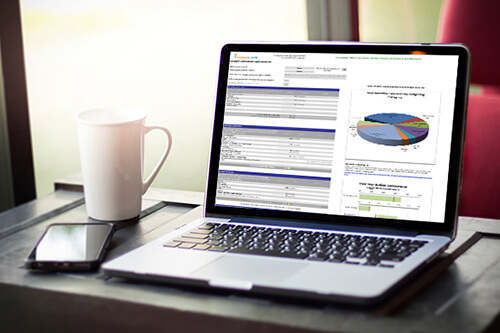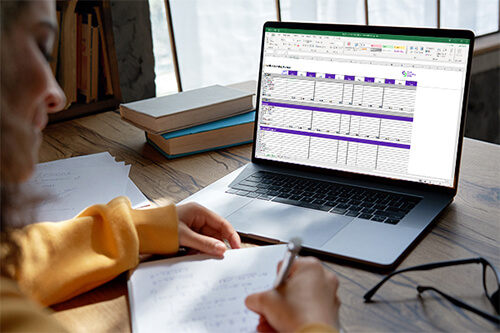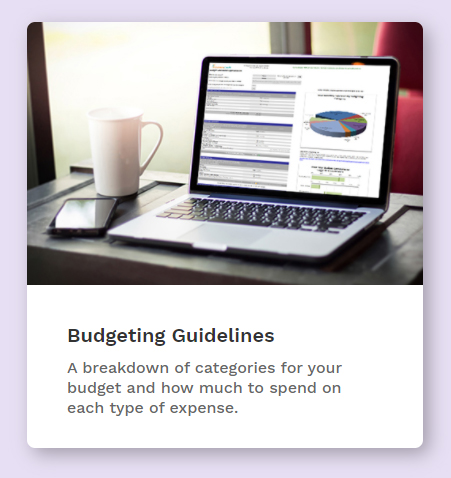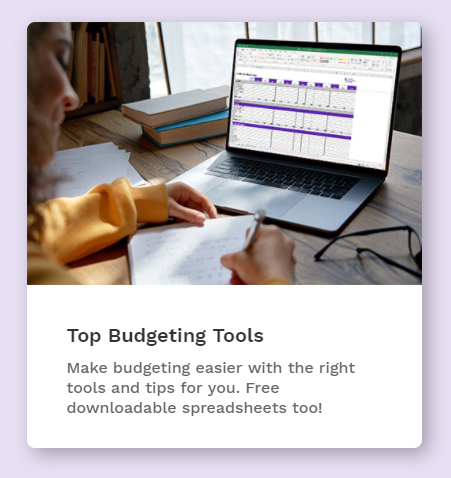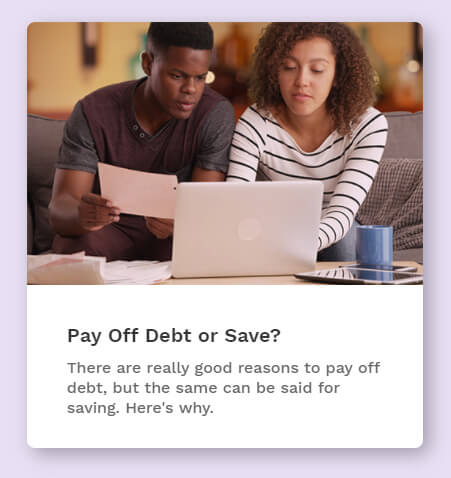How to Decide if You Can Afford Larger Payments in Your Budget or Not
Q: A few years ago, both my husband and I were casualties of the world wide economic crisis. We lost our jobs and had to make some drastic changes to our lifestyle to keep affording our housing payments. We even stopped using credit cards and our line of credit because we didn’t want to have to sell our home. Now we’ve both retrained and our new careers are going well. We’re also making good progress getting our finances back on track again. However, we can’t help but feel we want to buy some of the things we missed out on. We think we could manage some bigger payments. What can you suggest?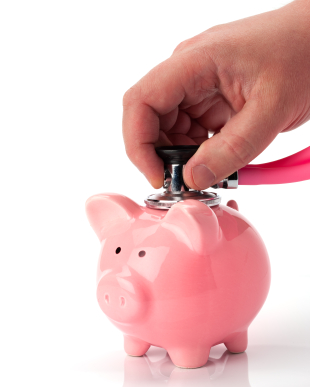
A: Many people were caught unaware by the economic downturn that started in the summer of 2008. However, not everyone has been able to recover from it the way you have. In an effort to keep your finances moving in the right direction and avoid turmoil or ruin the next time something unexpected happens, be cautious as you decide how much you can afford for monthly payments.
Keep in mind too, that making purchases for emotional reasons, rather than as wise financial decisions, is called
impulse spending. Most people are painfully aware of some of the impulsive purchases they’ve made over the years, because they tend to add up on credit card bills.
How Much Can You Actually Afford for Payments?
When you start buying impulsively, the additional payments can end up jeopardizing your whole financial well-being. Before you add any commitments to your budget, consider your current financial situation. Ask yourself:
- Do you spend more than 15% of your take-home pay on debt payments? Spending more than about 20%, excluding your mortgage, could make it difficult to manage an unexpected situation.
- Do you have 3 – 6 months of savings set aside just in case you lose your income?
- Are you on track to enter your retirement years mortgage free and with savings?
- Do you have a realistic household budget that you actively live by?
- Could you put your credit cards away for a month and live only on cash?
- Do you plan ahead and save for larger expenses, e.g. property taxes, car and house insurance, home maintenance, vacations, etc.?
- Do you manage routine financial matters effectively, e.g. filing taxes on time, reconciling your bank account and credit card statements?
Truthfully, will how you manage your spending today, allow you to reach your personal as well as
financial goals?
Try Before You Buy
Once you’ve taken a careful look at your current situation, pretend that you already owe the larger amounts. For 3 months, make extra payments to your savings account equal to the size of the larger payments. Then add in any ongoing monthly costs if you bought anything that requires maintenance, upkeep or memberships.
For example, if you decided to buy a boat, factor in insurance, moorage, fuel, licenses, maintenance, as well as equipment you need to outfit the boat. You’d have similar costs with a vacation property or other recreational vehicle. If you wanted to buy a timeshare, there will be annual fees to pay, as well as travel costs to use your time at the resort.
Plan for the Unexpected
By trying larger payments on for size before you buy, you’ll find out if you can truly afford them or if they’ll force you to face drastic lifestyle choices again the next time something unexpected happens.
<< Go back to the Blog main page A: Many people were caught unaware by the economic downturn that started in the summer of 2008. However, not everyone has been able to recover from it the way you have. In an effort to keep your finances moving in the right direction and avoid turmoil or ruin the next time something unexpected happens, be cautious as you decide how much you can afford for monthly payments.
Keep in mind too, that making purchases for emotional reasons, rather than as wise financial decisions, is called impulse spending. Most people are painfully aware of some of the impulsive purchases they’ve made over the years, because they tend to add up on credit card bills.
A: Many people were caught unaware by the economic downturn that started in the summer of 2008. However, not everyone has been able to recover from it the way you have. In an effort to keep your finances moving in the right direction and avoid turmoil or ruin the next time something unexpected happens, be cautious as you decide how much you can afford for monthly payments.
Keep in mind too, that making purchases for emotional reasons, rather than as wise financial decisions, is called impulse spending. Most people are painfully aware of some of the impulsive purchases they’ve made over the years, because they tend to add up on credit card bills.
